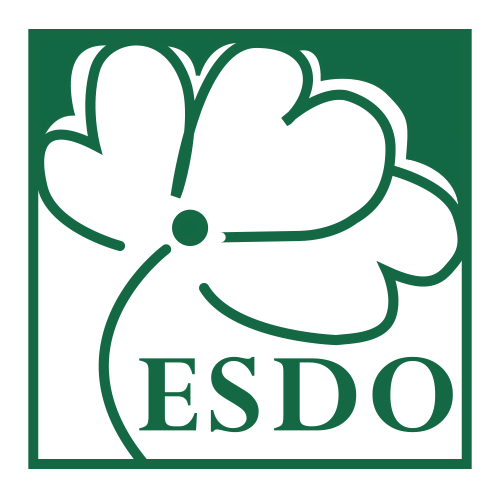Dhaka, 27 June 2016- Asian countries, which are in particular danger of bearing the health brunt of using mercury amalgam in dentistry, have made some progress in phasing out the use of mercury, but their governments still need to be more active in ending the mercury use, environmentalists and experts said at a workshop in Bangkok on 31 May, 2016.
The event, a two-day workshop on successful strategies to promote mercury-free dentistry, began on 31 May and continued to 1 June, 2016 at the UN Conference Centre in Bangkok, Thailand.
The workshop was jointly organised by United Nations Environment Programme (UNEP) and World Alliance for Mercury-Free Dentistry, in collaboration with Environment and Social Development Organisation (ESDO) and Asian Center for Environmental Health (ACEH).
Addressing the workshop, Dr. Desiree Raquel Montecillo Narvaez, Program Officer of UNEP Chemical and Waste Branch, Division of Technology, Industry and Economics; Geneva, Switzerland, said many governments are still resistant to this issue. “They should take the lead in phasing out the use of mercury,” she said. “Around 25% of the global population lives in Asia, so this region is very important as it is a major stakeholder. So Asian governments have to come forward in this regard,’’ she added.
“Many of the countries in Asia have moved dramatically, but they still have a long way to go to phase out mercury use from dental practice,” said Charles G. Brown, President of World Alliance for Mercury-Free Dentistry.
“Now it is high time to devise specific strategies for each country to implement the Minamata Convention and phase out mercury from dentistry,” he said.
Mr. Henk Verbeek, senior administrative officer, regional director and representative, a.i.
united nations environment programme for asia and the pacific, UNEP said goals have been set and it is time to achieve those goals. “We have to promote clinically effective, affordable and environment-friendly alternatives of mercury to achieve the goal of mercury-free dentistry,” he said at the opening session of the event.
Tomoko Furusawa, programme specialist at United Nations Development Programme’s (UNDP) Bangkok office, said the UNDP is helping Asian countries to undertake an initial assessment of mercury use to determine the national requirement for the ratification of Minamata Convention and establish a national foundation to undertake future work towards the implementation of the convention.
